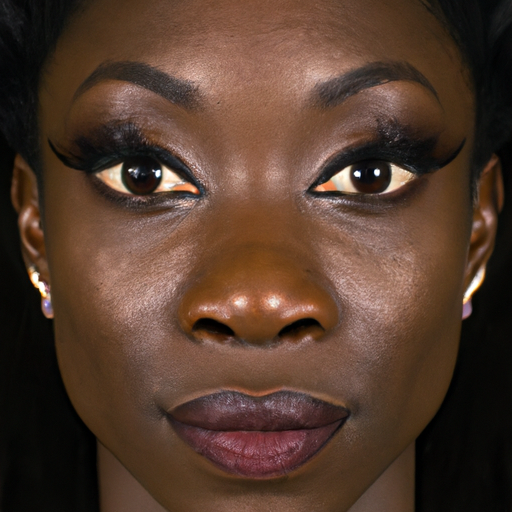As a medical professional, I am often asked about the importance of various skincare routines. One question that comes up frequently is, “Why should I moisturize after showering?” The answer is multifaceted and rooted in understanding the physiology of our skin. Moisturizing after a shower is not just a luxury, but an essential step to maintain healthy skin. Here are some of the key reasons why.
Firstly, it’s crucial to understand that our skin is our body’s first line of defense against environmental factors. It protects us from bacteria, viruses, pollution, and harmful ultraviolet rays. To perform this function effectively, the skin needs to be healthy and well-hydrated. Showering, especially with hot water, can strip the skin of its natural oils, leaving it dry and vulnerable. This is where moisturizing comes in.
Post-shower moisturizing helps replenish the skin’s natural moisture barrier that might have been stripped away during cleansing. This barrier is made up of oils that keep your skin hydrated and protect it from harmful substances. By applying a moisturizer, you are essentially replacing these oils, helping to restore and maintain this protective barrier.
Secondly, moisturizing after a shower can help lock in hydration. When you shower, your skin absorbs some water. If you apply moisturizer while your skin is still slightly damp, it helps trap some of this water on your skin, thereby enhancing hydration. This can be particularly beneficial in colder months or in dry climates where the skin tends to lose moisture quickly.
Another reason to moisturize post-shower is to improve skin texture and appearance. Regularly moisturized skin tends to look healthier and more vibrant. It can also help reduce the appearance of fine lines and wrinkles over time. Furthermore, certain moisturizers contain ingredients like retinol or vitamin C that can help improve skin tone and texture, making your skin look smoother and more youthful.
Moisturizing after a shower can also be beneficial for those with specific skin conditions like eczema or psoriasis. These conditions are characterized by dry, itchy, and inflamed skin. Regular moisturizing can help alleviate these symptoms by providing much-needed hydration and reducing inflammation.
Lastly, moisturizing can have psychological benefits as well. The act of applying moisturizer can be a soothing ritual that helps you relax and unwind after a long day. Plus, taking care of your skin can boost your self-esteem and body image, contributing to overall mental well-being.
Choosing the right moisturizer is also important. Look for products that contain ingredients like hyaluronic acid, glycerin, or ceramides, which are known for their hydrating properties. If you have oily or acne-prone skin, opt for oil-free or non-comedogenic moisturizers that won’t clog your pores. For sensitive skin, fragrance-free and hypoallergenic products are the safest bet.
In conclusion, moisturizing after showering is an essential step in maintaining healthy skin. It helps replenish the skin’s natural barrier, locks in hydration, improves skin texture and appearance, and can help manage certain skin conditions. So next time you step out of the shower, take a few extra minutes to apply some moisturizer – your skin will thank you for it.



